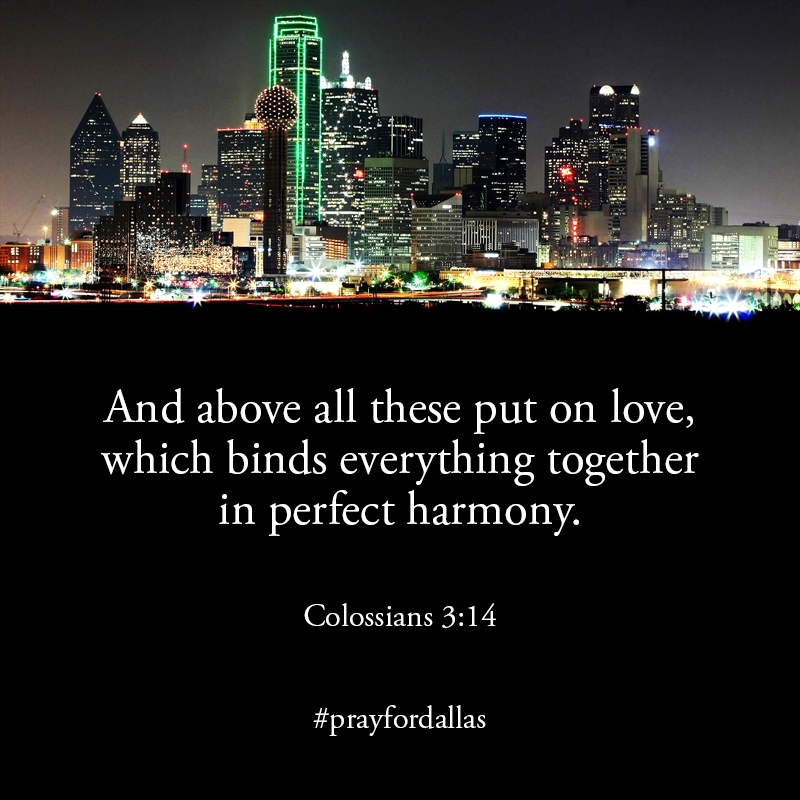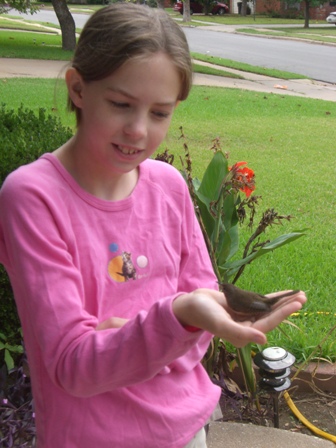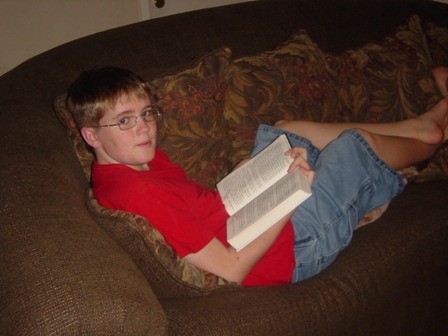It’s August. Homeschool mamas, I know what some of you are thinking.
You are wondering if you are enough. Are you smart enough to own your children’s educations rather than delegate them to professionals? Are you organized enough to juggle all the curricula, the competing demands of multiple ages, and the laundry? Are you dedicated enough to keep up with the other homeschool moms with their co-ops, field trips, basketball teams, and robotics tournaments? Are you patient enough to deal with the immature emotions and incomplete communication skills of your kids day in and day out? Are you brave enough to face down the judgements of skeptical relatives and random challenging strangers at Wal Mart? Are you strong enough, have you researched enough, do you have enough money?
Let me be the voice from the other end of the path. You are enough.
You don’t need to be a professional educator. Your kids need the love and encouragement of mom, and you are enough for that.
You don’t need to be a time management guru. Life is messy, and it doesn’t always follow schedules. You are enough to handle those daily pressures. You will adapt and flex, as needed.
You don’t need to “keep up” with anyone, whether it’s that person’s reality or just their public projection. Each family is unique, and your own set of personalities and challenges and needs won’t match anyone else’s. You are enough being just who you are, and letting your kids be who they are.
Some days, your toddlers crying or your preteens crying will wear down your patience. You will be frustrated and will need support or time to calm yourself. You are enough anyway, even when your patience pulls a bit too thin and gives way like soft caramel.
Some days, sideways comments or disdainful sniffs will bounce off your armor, and some days they’ll arrow through the chinks and leave you bleeding. On some days, kind words and unexpected praise will pick you back up. You are enough, regardless of whether outsiders recognize it or not. Their perceptions do not define you.
What if in an honest evaluation of what your kids need and what you can provide, you realize that you need outside help? A professional writing instructor? A math tutor? A housekeeper or babysitter? A therapist to help you deal with anger or discipline issues? A specialist to help your child learn strategies to cope with disabilities or disorders? A doctor to prescribe proper medications? A nutritionist to tweak your eating plan? Then you will hire or barter, and you will triangle in the support you need. Sometimes, someone will hold your hand the way you held up your daughter’s bike when she learned to ride, and together you will be enough. Enough doesn’t always mean alone.
This journey will challenge you. Will surprise you. Will bless you. Will uncover strength and creativity you didn’t suspect. Keep pouring yourself into your family, your children. Keep searching for ways to improve and people who will empower you. Embrace the journey, learning right alongside your children. Embrace the moments with the people that matter most. Embrace the connections. Come as you are to this homeschooling adventure, and know that whatever happens, you are enough.

 God is described in Isaiah as being “a refuge for the poor, a refuge for the needy in their distress, a shelter from the storm and a shade from the heat. For the breath of the ruthless is like a storm driving against a wall and like the heat of the desert.”
God is described in Isaiah as being “a refuge for the poor, a refuge for the needy in their distress, a shelter from the storm and a shade from the heat. For the breath of the ruthless is like a storm driving against a wall and like the heat of the desert.”
